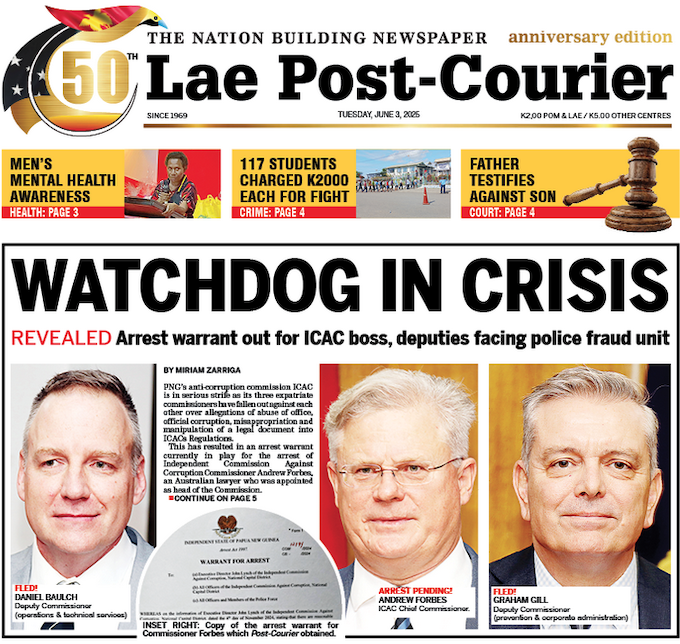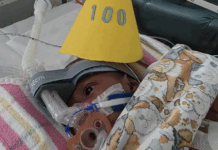
By Scott Waide, RNZ Pacific PNG correspondent
Three staffers from Papua New Guinea’s peak anti-corruption body are embroiled in a standoff that has brought into question the integrity of the organisation.
Police Commissioner David Manning has confirmed that he received a formal complaint.
Commissioner Manning said that initial inquiries were underway to inform the “sensitive investigation board’s” consideration of the referral.
That board itself is controversial, having been set up as a halfway point to decide if an investigation into a subject should proceed through the usual justice process.
Manning indicated if the board determined a criminal offence had occurred, the matter would be assigned to the National Fraud and Anti-Corruption Directorate for independent investigation.
Local news media reported PNG Prime Minister James Marape was being kept informed of the developments.
Marape has issued a statement acknowledging the internal tensions within ICAC and reaffirming his government’s commitment to the institution.
Long-standing goal
The establishment of ICAC in Papua New Guinea has been a long-standing national aspiration, dating back to 1984. The enabling legislation for ICAC was passed on 20 November 2020, bringing the body into legal existence.
Marape said it was a proud moment of his leadership having achieved this in just 18 months after he took office in May 2019.
The appointments process for ICAC officials was described as rigorous and internationally supervised, making the current internal disputes disheartening for many.
Marape has reacted strongly to the crisis, expressing disappointment over the allegations and differences between the three ICAC leaders. He affirmed his government’s “unwavering commitment” to ICAC.
These developments have significant implications for Papua New Guinea, particularly concerning its international commitments related to combating financial crime.
PNG has been working to address deficiencies in its anti-money laundering and counter-terrorism financing (AML/CTF) framework, with the Financial Action Task Force (FATF) closely monitoring its progress.
Crucial for fighting corruption
An effective and credible ICAC is crucial for demonstrating the country’s commitment to fighting corruption, a key component of a robust AML/CTF regime.
Furthermore, the International Monetary Fund (IMF) often includes governance and anti-corruption measures as part of its conditionalities for financial assistance and programme support.
Any perception of instability or compromised integrity within ICAC could hinder Papua New Guinea’s efforts to meet these international requirements, potentially affecting its financial standing and access to crucial development funds.
The current situation lays bare the urgent need for swift and decisive action to restore confidence in ICAC and ensure it can effectively fulfill its mandate.
This article is republished under a community partnership agreement with RNZ.












































